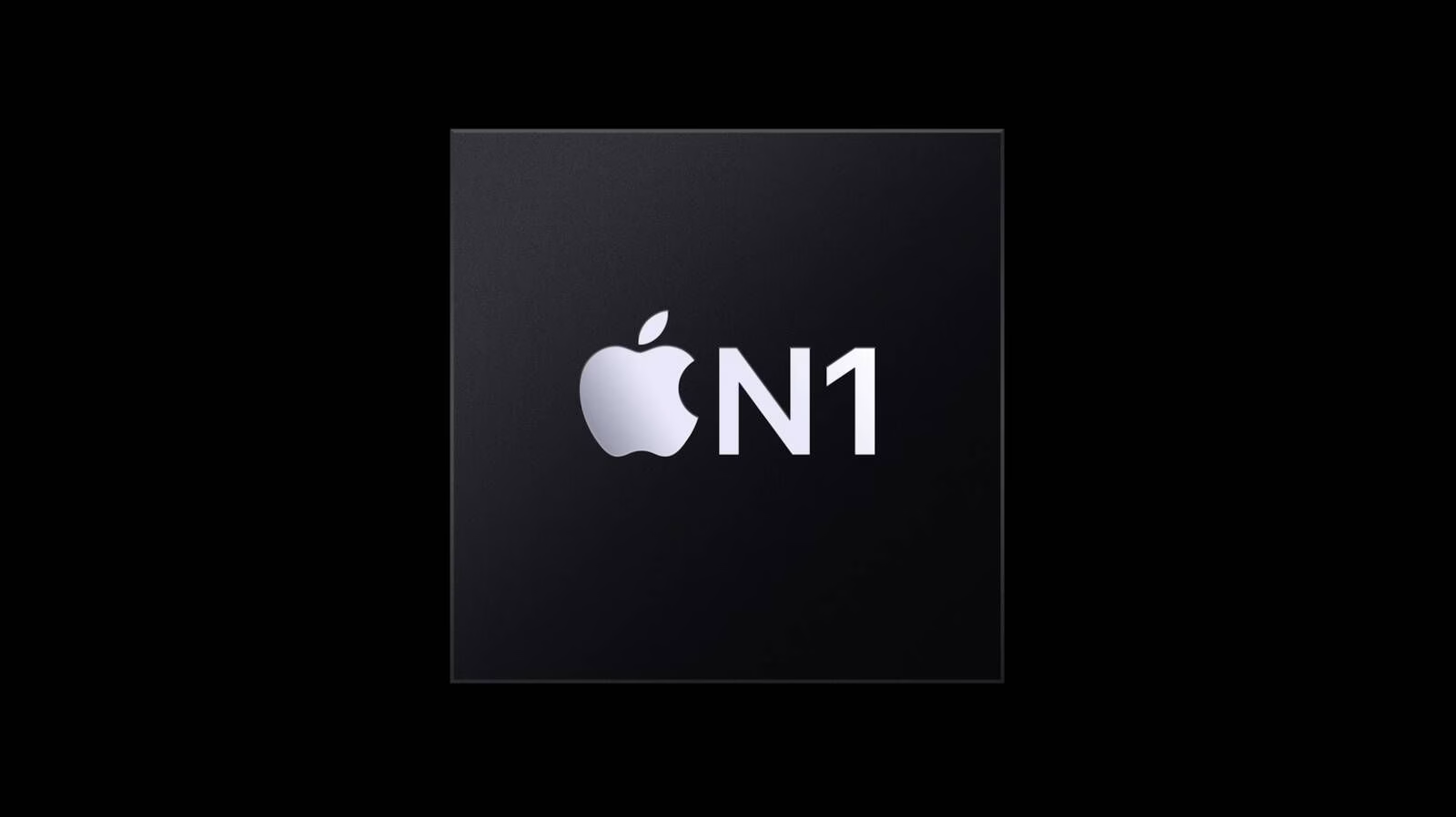Apple Unveils N1 Chip: A New Era for iPhone Connectivity
The announcement, made yesterday, September 9th, 2025, during Apple's highly anticipated iPhone 17 launch event, has sent ripples through the tech industry. This move signifies Apple's increasing ambition to control more of its hardware's destiny, reducing reliance on third-party suppliers and potentially unlocking new levels of integration and performance.
What Exactly is the N1 Chip?
At its core, the N1 is a dedicated networking System on Chip (SoC). Think of it as the brain for your iPhone's wireless communication. It's not about processing your apps or rendering graphics; its sole purpose is to manage and optimize how your iPhone connects to Wi-Fi networks, Bluetooth devices, and even smart home ecosystems via Thread.
Key Features and Technologies
The N1 chip is packed with cutting-edge technology designed to enhance the user experience. Here’s a breakdown of what’s under the hood:
- Wi-Fi 7 Ready: The N1 supports the latest Wi-Fi 7 standard (IEEE 802.11be). While theoretical speeds can reach up to 46 Gbps, the real-world benefits are more about improved multi-device connectivity and significantly lower latency. This means smoother streaming, faster downloads, and a more responsive online experience, especially in crowded Wi-Fi environments.
- Bluetooth 6.0: This iteration of Bluetooth promises extended range, quicker pairing times with accessories, and, crucially, better power efficiency. For those of us constantly juggling AirPods, smartwatches, and other Bluetooth gadgets, this is a welcome development.
- Thread Integration: The inclusion of Thread support is a big deal for smart home enthusiasts. Thread is a low-power, mesh networking protocol that's a cornerstone of the Matter standard. This integration means your iPhone will be a more seamless hub for controlling compatible smart home devices, offering greater reliability and responsiveness.
- Enhanced Power Efficiency: Apple claims up to a 30% improvement in power efficiency for wireless operations thanks to the N1. This is a critical factor for smartphone battery life, meaning less drain when you're actively using Wi-Fi or Bluetooth.
- Potential for Deeper Integration: Paired with Apple's rumored C1X modem (expected in some iPhone 17 models), the N1 could enable even tighter integration between cellular, Wi-Fi, and Bluetooth functionalities, potentially leading to more intelligent network switching and optimized performance.
Why This Matters: Apple's Strategic Shift
Apple's decision to design its own networking silicon is a bold statement of intent. Historically, the company has relied on external chip manufacturers like Broadcom for Wi-Fi and Bluetooth components. Bringing this capability in-house offers several compelling advantages:
Control and Optimization
By designing the N1 chip themselves, Apple gains granular control over its performance and features. This allows for deeper integration with iOS and other Apple hardware, potentially leading to a more cohesive and optimized user experience. Imagine your iPhone intelligently managing Wi-Fi and Bluetooth connections to maximize battery life and minimize interruptions – that's the kind of synergy Apple aims for.
Supply Chain Independence
Reducing reliance on third-party suppliers like Broadcom or Qualcomm for critical components like modems and networking chips is a significant strategic win. It mitigates supply chain risks and gives Apple more leverage in negotiations. This move mirrors their successful transition with A-series and M-series processors, which have become industry benchmarks.
Future-Proofing and Innovation
With custom silicon, Apple can more rapidly implement new wireless standards and features as they emerge. This proactive approach ensures their devices remain at the forefront of connectivity technology, enabling new use cases and experiences that might not be possible with off-the-shelf components.
What to Expect with the iPhone 17 Series
The N1 chip is shipping in all models of the iPhone 17 lineup, including the standard iPhone 17, iPhone 17 Pro, iPhone 17 Pro Max, and the new iPhone Air. While the chip itself isn't directly priced, its integration is cited as a factor in Apple's ability to maintain competitive pricing for its new devices. Pre-orders for the iPhone 17 series begin this Saturday, September 13th, with general availability on September 20th.
This is a fascinating development, and it'll be interesting to see how the N1 chip truly impacts everyday performance and battery life in real-world usage. It's not just about faster speeds; it's about how seamlessly our devices connect and interact with our digital and physical environments. Apple's N1 chip seems poised to play a central role in that future.
